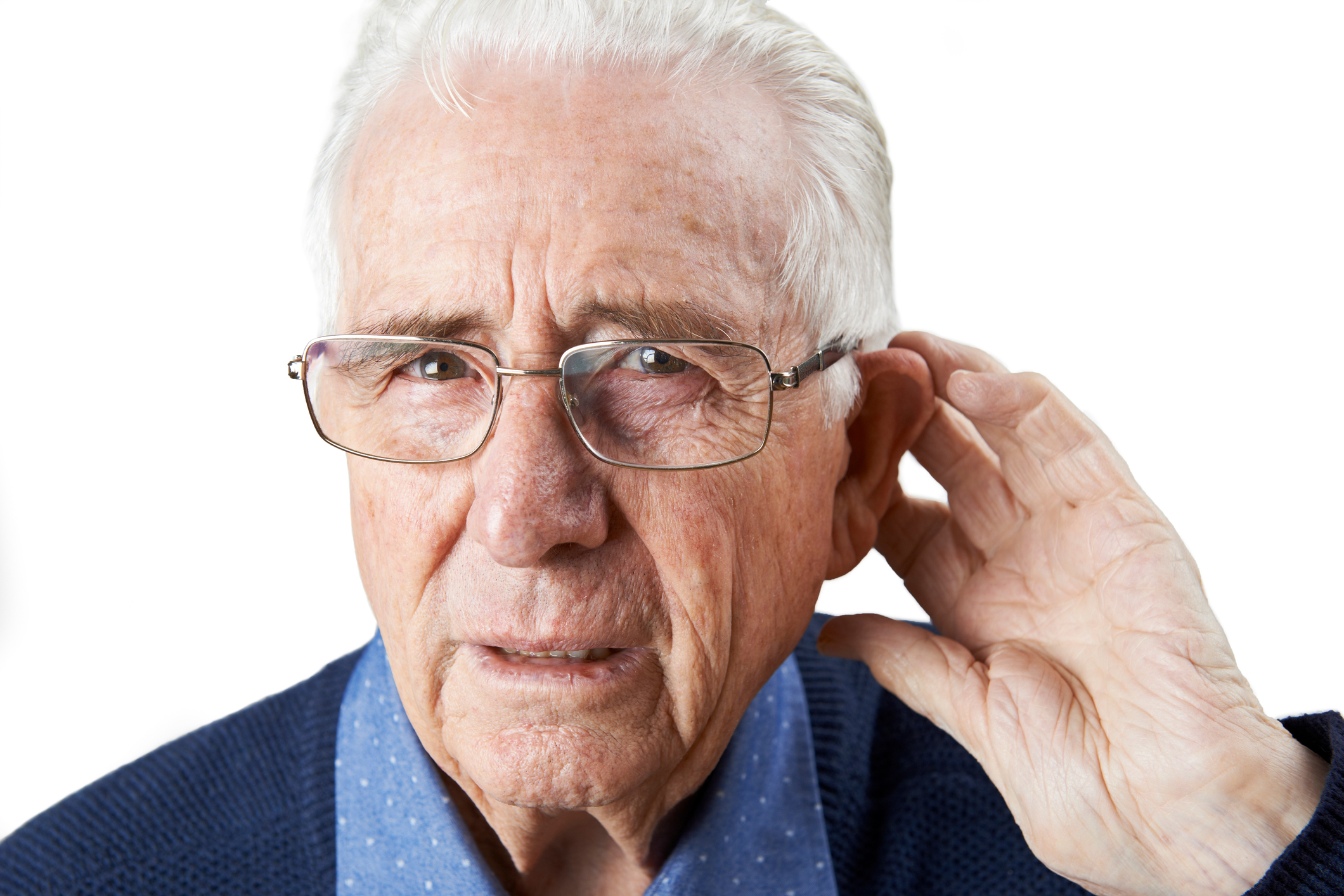Few of us will escape at least some hearing loss in older age and trouble hearing can not only be frustrating, without treatment it may lead to isolation and loneliness when seniors can’t participate fully in conversations. And a new study reports that hearing loss can also increase your risk for accidents leading to injury.
According to a recent New York Times report, a nationwide study by the Centers for Disease Control and Prevention found that the risk for injury following a driving, work or leisure sport accident increases with the degree of hearing loss. Compared with people who reported excellent hearing, those with some trouble hearing were 60 per cent more likely to be injured. People with moderate hearing loss had a 70 per cent greater risk for injury and study participants with serious hearing loss were found to be 90 per cent more likely to be injured. The study, published in the JAMA Orolaryngology – Head and Neck Surgery, included 232.2 million adults, among which, 15.7 per cent reported hearing problems.
Although the study was based on the participants’ reports of their own hearing loss and not clinical screening, researchers hope the results will shine a light on the importance of treating hearing loss to prevent injury. Even those with excellent hearing should be aware that hearing plays an important role in avoiding accidents and loud music or wearing headphones can lead to injury while driving or participating in activities such as cycling, running or hiking. Testing for and treating hearing loss in older adults is important not only to help prevent accidental injury but also to keep seniors socially connected.
A number of studies have also linked hearing (and vision) deficits with accelerated cognitive decline in older age. Hearing loss is often untreated or under-treated and affects nearly two-thirds of adults over the age of 70. A study, sponsored by the National Institute on Aging, should have results within four years demonstrating if hearing aids can help slow or prevent cognitive decline among older adults with hearing loss.
It is recommended that adults over the age of 50 be screened for hearing loss at least every three years. Treating hearing loss may not only prevent accident injury but possibly slow the onset of dementia and vastly improve quality of life for older adults. And it is expected that with de-regulation of hearing aids, over-the-counter devices will soon make treating hearing loss much more affordable.
To read more about the CDC study, follow this link to the JAMA online edition.






Add Your Voice
0 Comments
Join the Discussion